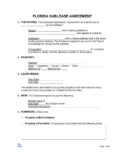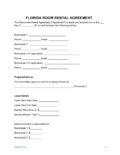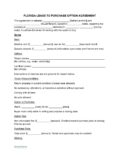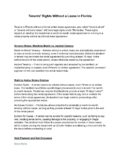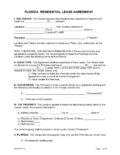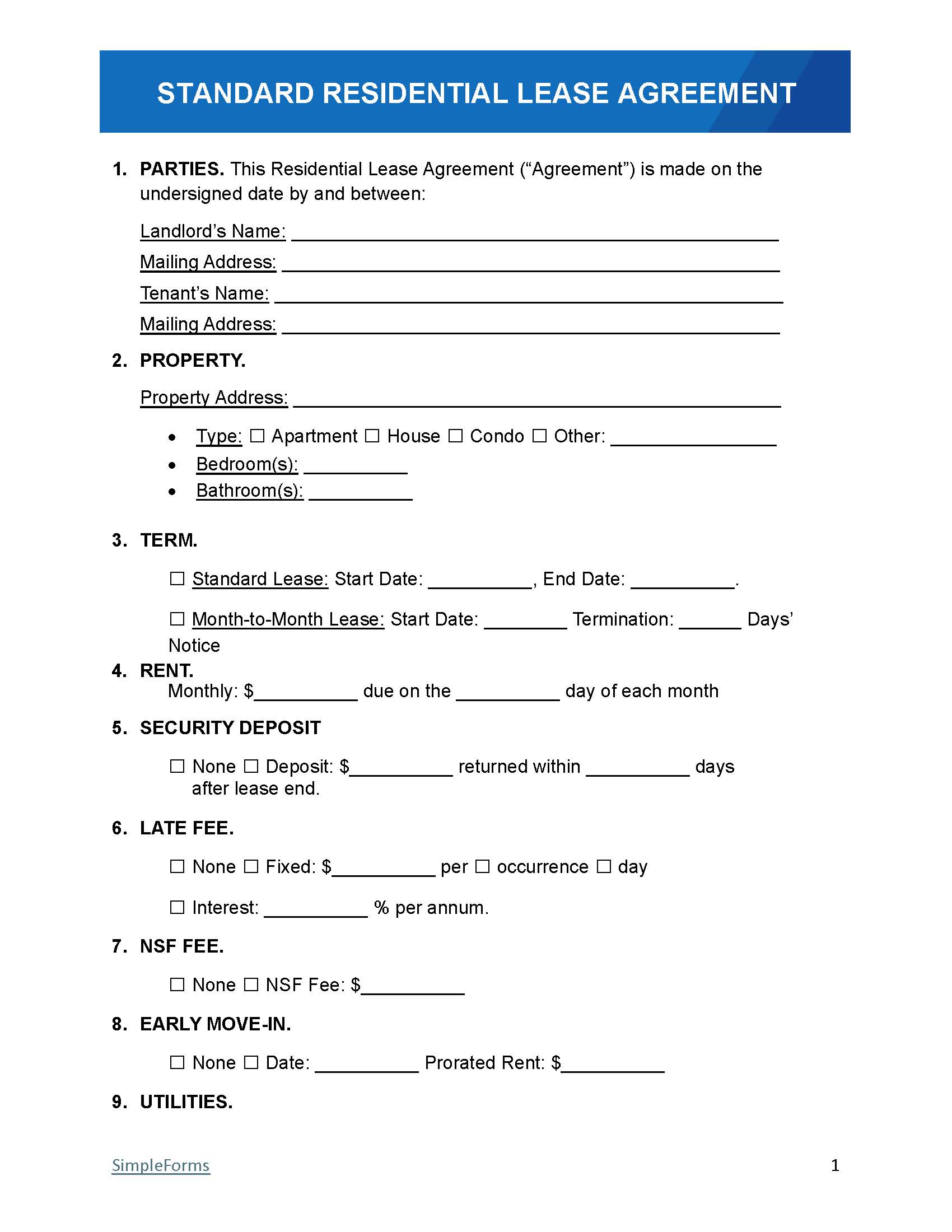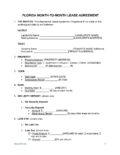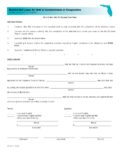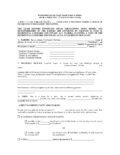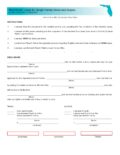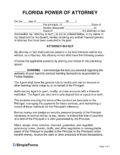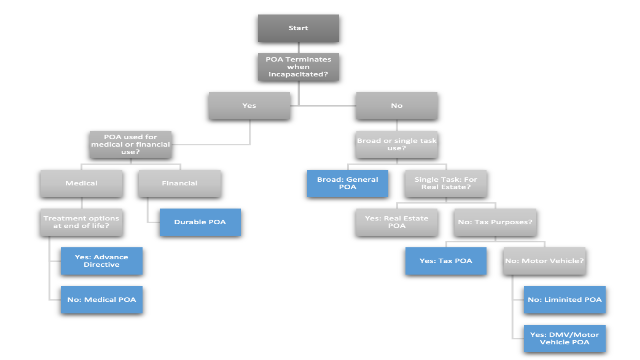State of Florida: Definition of a Power of Attorney
“(1) “Agent” means a person granted authority to act for a principal under a power of attorney, whether denominated an agent, attorney in fact, or otherwise. The term includes an original agent, co-agent, and successor agent.
(2) “Another state” means a state of the United States, the District of Columbia, Puerto Rico, the United States Virgin Islands, or any territory or insular possession subject to the jurisdiction of the United States.
(3) “Broker-dealer” means a broker-dealer registered with the United States Securities and Exchange Commission or the Commodity Futures Trading Commission if the broker-dealer is acting in that capacity.
(4) “Durable” means, with respect to a power of attorney, not terminated by the principal’s incapacity.
(5) “Electronic” means technology having electrical, digital, magnetic, wireless, optical, electromagnetic, or similar capabilities.
(6) ”Financial institution” has the same meaning as in s. 655.005.
(7) “Incapacity” means the inability of an individual to take those actions necessary to obtain, administer, and dispose of real and personal property, intangible property, business property, benefits, and income.
(8) “Knowledge” means a person has actual knowledge of the fact, has received a notice or notification of the fact, or has reason to know the fact from all other facts and circumstances known to the person at the time in question. An organization that conducts activities through employees has notice or knowledge of a fact involving a power of attorney only from the time information was received by an employee having responsibility to act on matters involving the power of attorney, or would have had if brought to the employee’s attention if the organization had exercised reasonable diligence. An organization exercises reasonable diligence if the organization maintains reasonable routines for communicating significant information to the employee having responsibility to act on matters involving the power of attorney and there is reasonable compliance with the routines. Reasonable diligence does not require an employee to communicate information unless the communication is part of the individual’s regular duties or the individual knows that a matter involving the power of attorney would be materially affected by the information.
(9) “Power of attorney” means a writing that grants authority to an agent to act in the place of the principal, whether or not the term is used in that writing.
(10) “Presently exercisable general power of appointment” means, with respect to property or a property interest subject to a power of appointment, power exercisable at the time in question to vest absolute ownership in the principal individually, the principal’s estate, the principal’s creditors, or the creditors of the principal’s estate. The term includes a power of appointment not exercisable until the occurrence of a specified event, the satisfaction of an ascertainable standard, or the passage of a specified period only after the occurrence of the specified event, the satisfaction of the ascertainable standard, or the passage of the specified period. The term does not include a power exercisable in a fiduciary capacity or only by will.
(11) “Principal” means an individual who grants authority to an agent in a power of attorney.
(12) “Property” means anything that may be the subject of ownership, whether real or personal, legal or equitable, or any interest or right therein.
(13) “Record” means information that is inscribed on a tangible medium or that is stored in an electronic or other medium and is retrievable in perceivable form.
(14) “Sign” means having present intent to authenticate or adopt a record to:
(a) Execute by signature or mark; or
(b) Attach to, or logically associate with the record an electronic sound, symbol, or process.
(15) “Third person” means any person other than the principal, or the agent in the agent’s capacity as agent.”
Source: § 709.2102(9)
